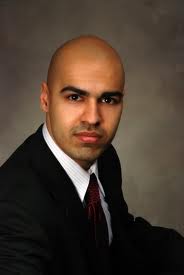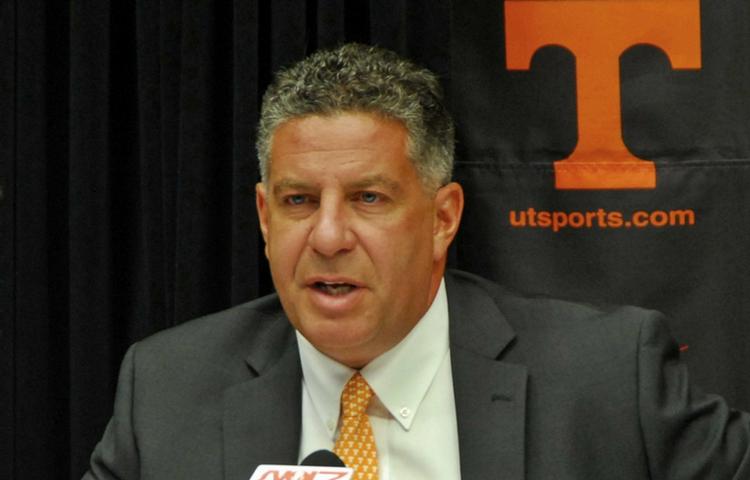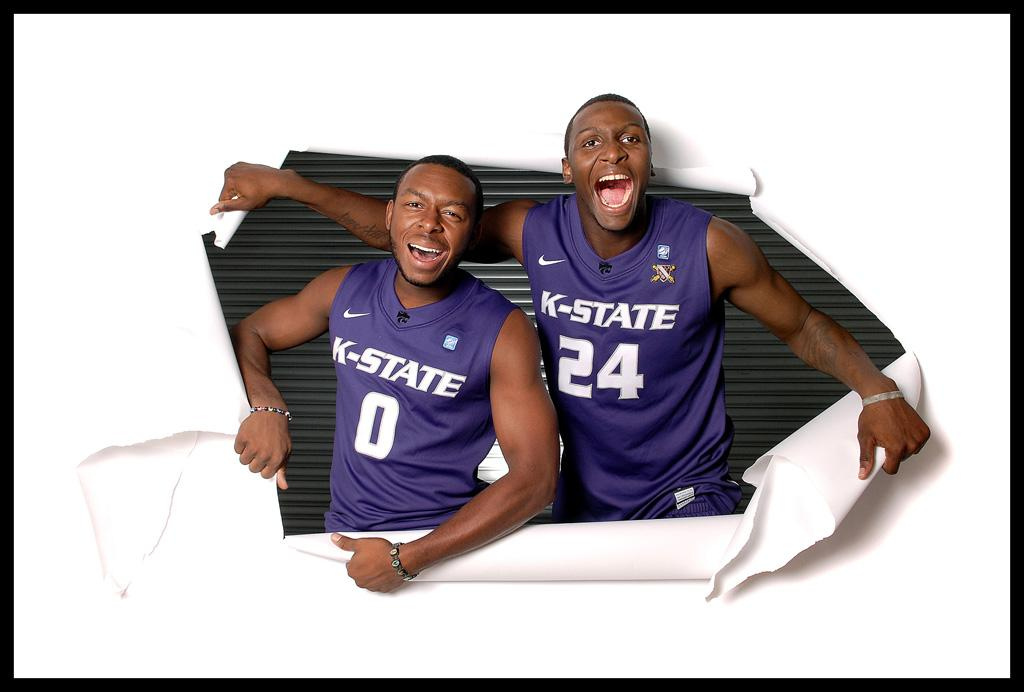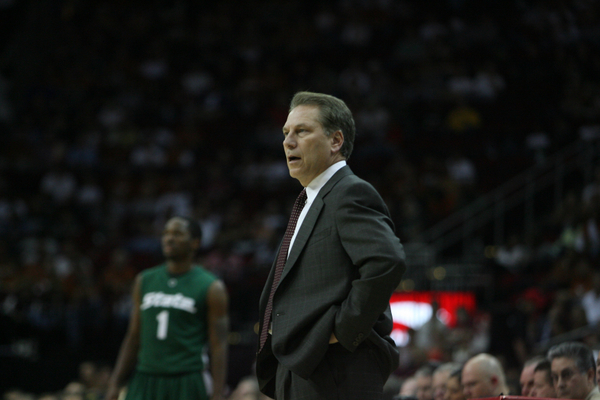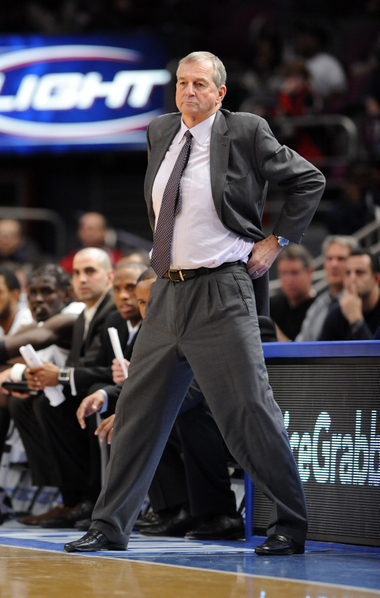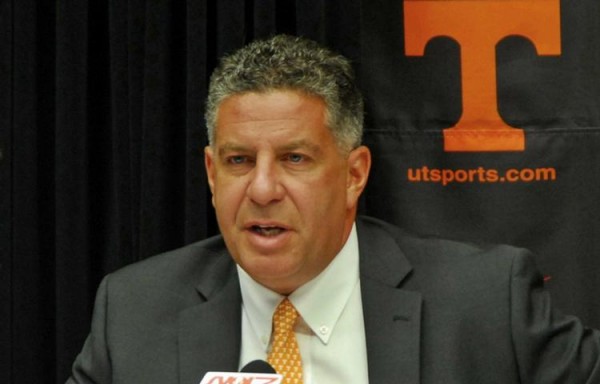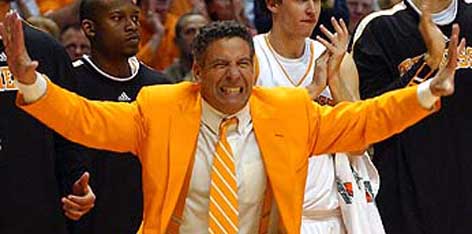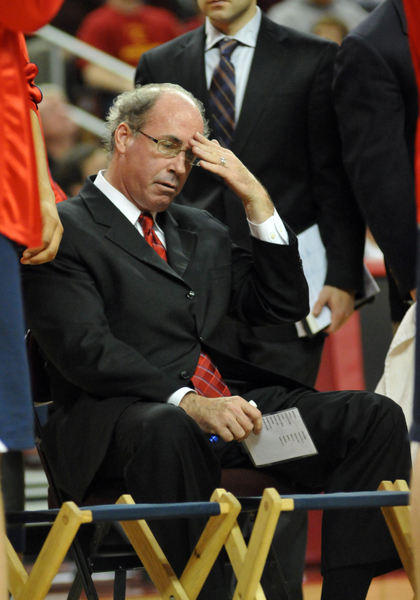FOXSports.com Alleges Impermissible Calls From Former Calipari Aide
Posted by jstevrtc on April 2nd, 2011On Friday evening, FOXSports.com writers Jeff Goodman and Thayer Evans released a story alleging that Bilal Batley, a former staff member at both Memphis and Kentucky, made what the NCAA would consider impermissible contact in the form of cell phone calls to recruits while employed by John Calipari at both programs. The FOX story specifically names former Kentucky star DeMarcus Cousins and class of 2012 recruit L. J. Rose, as well as numerous current and former players who ended up attending various schools, as having been contacted by Batley, going back as far as Batley’s time as a graduate manager under Kelvin Sampson at Indiana. As the story explains, only a program’s head coach or three “countable” coaches are allowed to make phone calls to recruits. Batley was not so designated at Indiana, Memphis, or during his six months at Kentucky.
Before last season began, we posted a story about how Batley left his position of Director of Basketball Operations/Manager at Kentucky (the same position he held at Memphis) when it was revealed that he had been involved in a minor rules violation a few months into his job. Batley shagged some rebounds for a player during a brief stop in the practice gym, and his job description did not permit such an interaction. Kentucky self-reported the violation. Nothing came of it, and nothing should have. What we considered odd, though, was that Batley soon afterward announced he was leaving his job in Lexington. He cited an ill family member back in Houston as the reason for his departure, even though his post at Kentucky — a rather plum gig, to be sure — would have been protected by law in the event that it was a first-degree relative who was ill, meaning Batley could have come back to that job if he chose to do so after the family member’s illness had resolved. We assumed that Batley’s reasons were his own and that his hand was not forced, because no link was ever found between Batley’s leaving and the incredibly minor violation. Like the rest of the world, we let the matter rest, and simply hoped everything worked out for the best regarding the illness in Batley’s family.





























